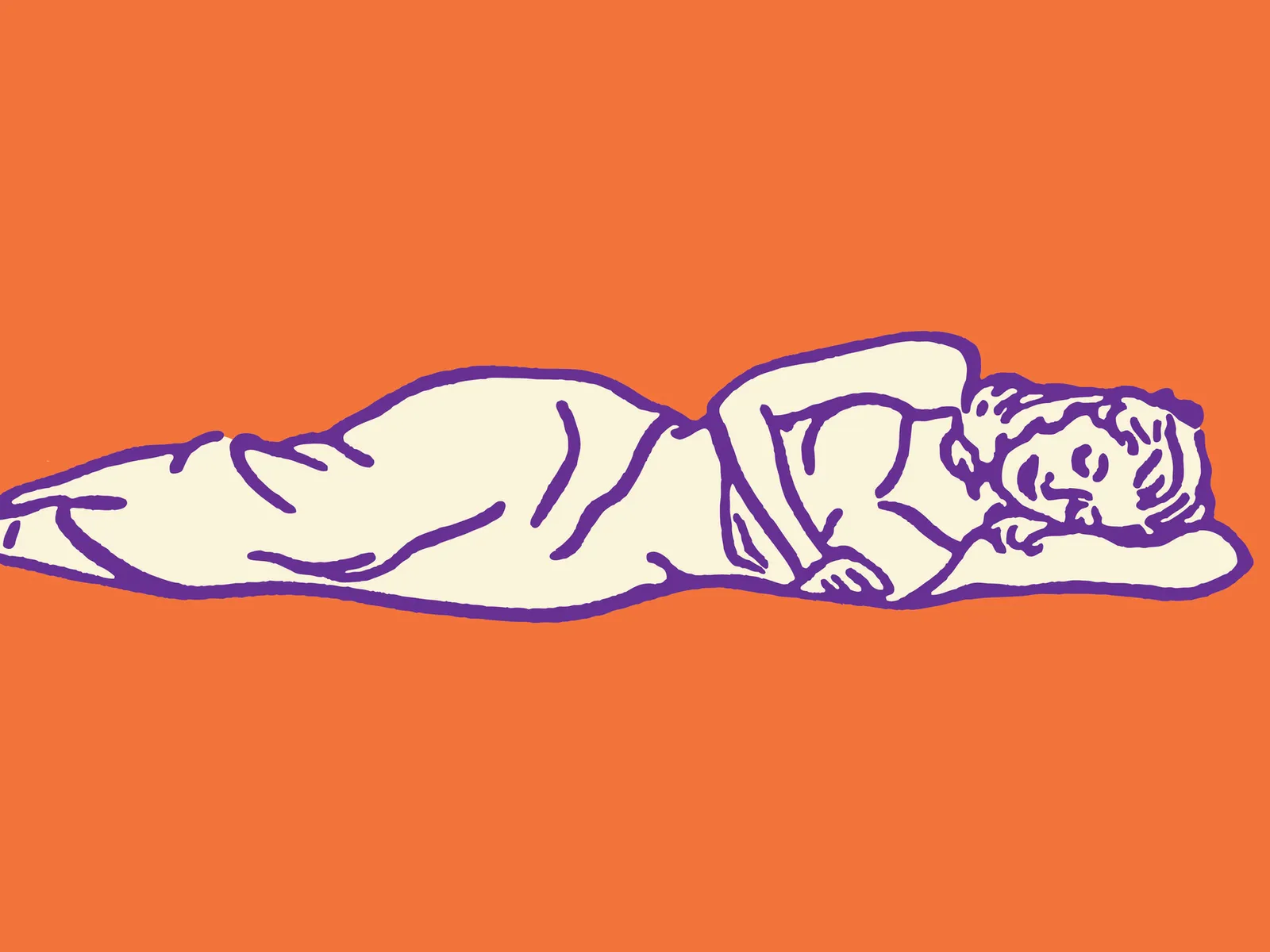Sleep at least seven hours a night if you want to feel your best. But if you find yourself tossing and turning, you know all too well that getting to bed on time doesn’t always guarantee those hours will add up to restful slumber—even if you’ve tried every fall-asleep-fast hack out there, from blue-light glasses to relaxing bedtime routines. But there’s another promising lifestyle habit that might help you conk out: exercise. While the fact that sleep benefits athletic performance is already well documented, evidence is also adding up that moving more—both as a single session and a regular practice—can improve your rest, making the two represent quite the virtuous two-way cycle. In fact, you may fall asleep faster, stay asleep longer, and sleep more deeply on the days when you work out, according to a 2015 meta-analysis For one, we know that people with anxiety and depression tend to report worse sleep—and we also have learned that physical activity can relieve some of those symptoms. So it makes sense that exercise might improve slumber by boosting mood, though there hasn’t yet been a definitive study to connect those dots Even a single workout might encourage your immune system to better balance out your cytokines, proteins that influence inflammation levels and may also help you sleep, he says. And over time, the benefits can add up. An hour or two before you fall asleep, your body temperature begins to decline, helping you to drift off. Many people with insomnia also have trouble adjusting their temperature, possibly because the part of your brain that regulates sleep-wake cycles is next to the one that controls thermoregulation Some cases of insomnia do have specific causes—many of which seem to respond to physical activity. Take restless legs syndrome, which causes an often uncontrollable urge to move your lower extremities. exercise seems to improve is sleep apnea, which occurs when you stop breathing during sleep. Sleep apnea makes your nights less restful and your days drowsier, and can also lead to problems like heart failure, arrhythmias, and type 2 diabetes.
Thank you for reading this post, don't forget to subscribe!
Saturday, June 28, 2025


